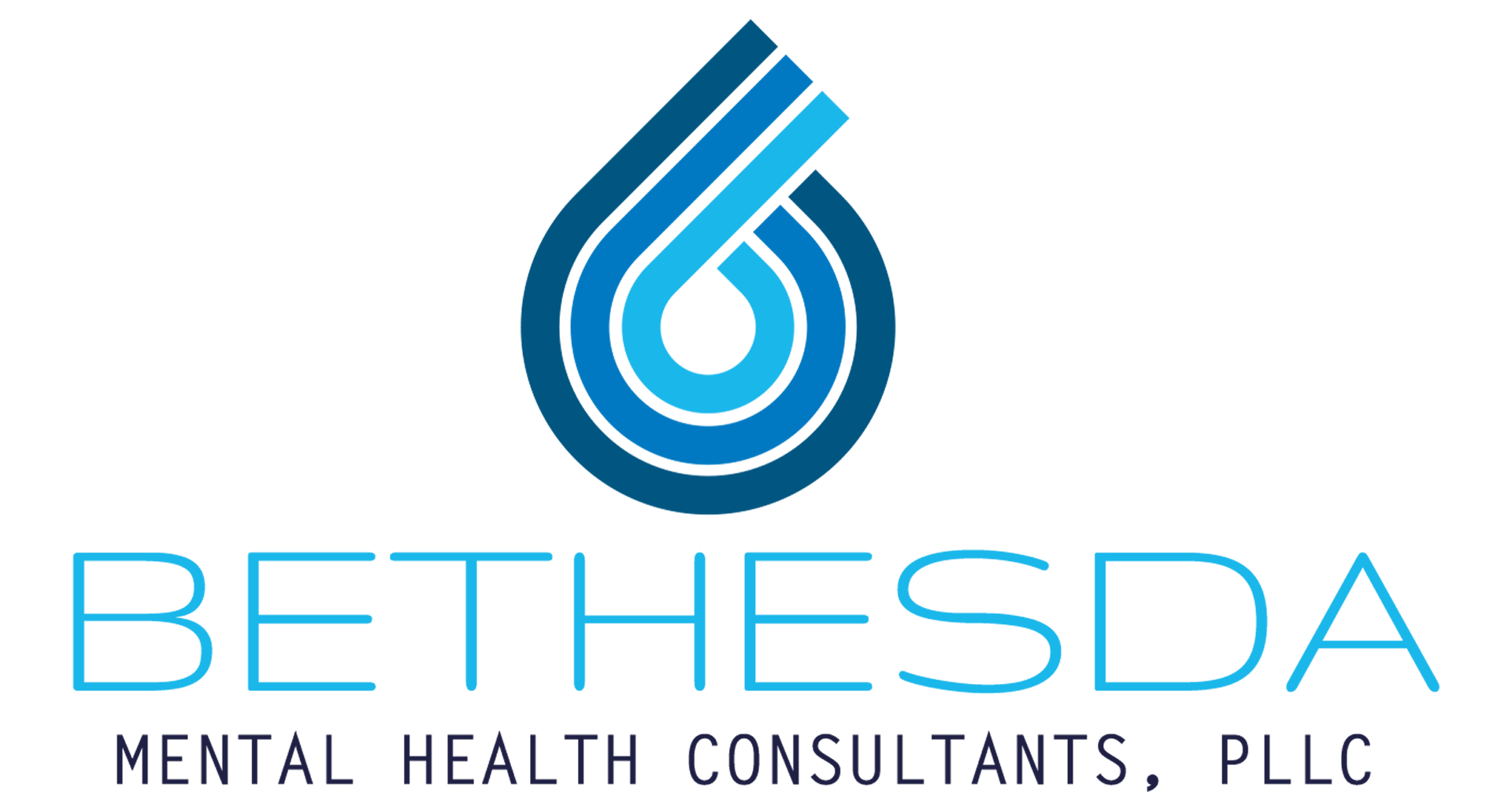Adjustment Disorder
Navigating Adjustment Disorder: Understanding, Coping, and Healing
Adjustment Disorder is a mental health condition classified in the Diagnostic and Statistical Manual of Mental Disorders, Fifth Edition (DSM-5). It typically occurs in response to identifiable stressors and involves emotional or behavioral symptoms that exceed what would be expected given the nature of the stressor.
What Causes Adjustment Disorder?
Adjustment Disorder is typically triggered by significant life changes or stressors, such as a job loss, relationship problems, or major life transitions. The individual’s inability to cope with these changes in a healthy way along with the nature of the stressor, influences the development of Adjustment Disorder.
Diagnosing Adjustment Disorder with the DSM-5
Mental health professionals utilize the DSM-5 to diagnose Adjustment Disorder, focusing on identifying stressors, assessing symptoms’ intensity and duration, and understanding their impact on daily life.
Recognizing Adjustment Disorder
Here are some signs and symptoms to watch out for:
Emotional Distress: One may experience overwhelming sadness, anxiety, or worry in response to specific life events.
Behavioral Changes: Individuals with Adjustment Disorder may experience changes in behavior, such as withdrawal, defiance, or reckless actions.
Impact on Daily Life: Adjustment Disorder can affect daily activities, relationships, and overall well-being as individuals navigate through challenging life circumstances.
Navigating the Path to Coping and Overcoming Life Stressors or Disruptive Transitions
Psychoeducation: Gain insights into emotional and behavioral reactions as normal responses to challenging life situations.
Supportive Counseling: Engage in therapy to explore emotions, develop coping strategies, and navigate stressors effectively.
Building Resilience: Foster resilience through self-care, healthy coping mechanisms, and support from friends, family, or support groups.
Taking the First Step Towards Balance
Acknowledge your feelings with compassion and seek professional guidance at Bethesda Mental Health. Our personalized treatment plans empower individuals facing Adjustment Disorder to address stressors effectively, fostering emotional well-being and balance.
